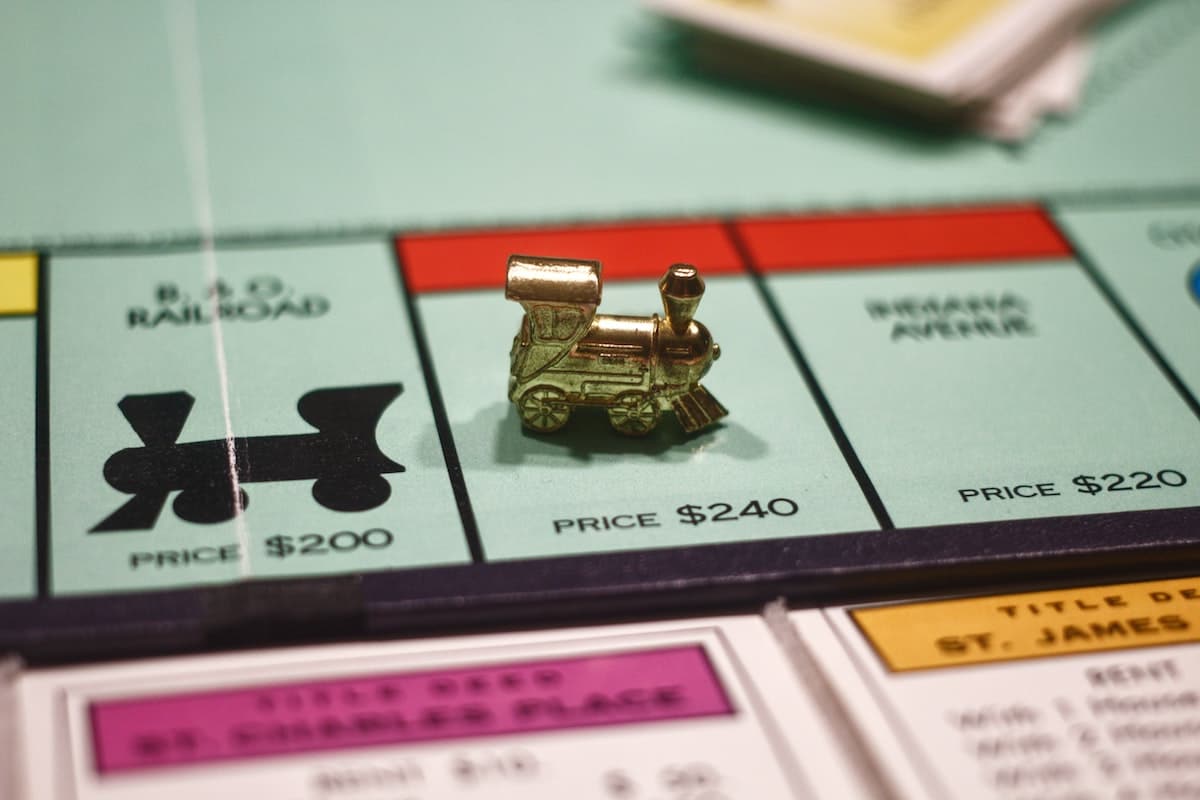It has been a long time since the Parker Brothers released Monopoly into the world, but tabletop games have gone a long way. New genres have emerged from the primordial soup and designs that would have been impossible at the time Monopoly was originally published have sprung from the depths of the business.
The quality of board games and other board game-related products has never been greater than it is now. However, Monopoly remains one of the most popular ones, with versions in 37 different languages available in toy and book stores all over the globe.
The popularity of Monopoly games has grown steadily throughout the years. Because of that many online casinos decide to create the live version of the world’s most popular board game. A modernized version, Monopoly live, is now available for gamblers, so they have the chance to try their luck and gamble without leaving their homes. Dream Catcher’s Wheel of Fortune is replicated here, but with a few familiar Monopoly themes thrown in for good measure. It’s a virtual version of the board game created by Mr.Monopoly using AI. As the Wheel of Fortune rotates, you can see Mr. Monopoly excitedly waiting to jump into action and hand out Multipliers or cash rewards. For the first time, you can see what the little man would look like in real life by watching him move on the board in response to your actions. Indeed, it’s a dream come true for all Monopoly aficionados.
Someone who says he or she likes board games is likely to believe that plays Monopoly with friends every night. Despite its widespread popularity, most serious board game enthusiasts would probably roll their eyes or groan at the mere notion of playing a game of Monopoly. Why is it the case? Why is Monopoly so bad? Why is it so enraged by it? It’s a difficult subject to discuss. Our journey back in time begins in 1903 when Monopoly had a completely different name.
History Of Monopoly
As a game designer, writer, and inventor born in 1866, Elizabeth Magie is one of the most well-known women in American history. Because her father, James K. Magie, was a newspaper publisher and abolitionist who toured Illinois with Abraham Lincoln during the Lincoln-Douglas debates, Elizabeth was exposed to progressive ideas at a young age.
As a multi-talented individual, Magie tried her hand at everything from poetry, comedy, and theater to engineering. When she was barely 26, Maggie got a patent for a typewriter innovation of her own design, which she had used as a stenographer in the early 1880s and was intimately acquainted with. The percentage of patents submitted by women during this period was less than 1%.
Georgism, the economic philosophy created from Henry George’s works, was popular among certain political thinkers of the period, and Elizabeth Magie was a passionate feminist and political activist, as well as an adherent of its ideals. According to Georgists, taxes should be based on the usefulness, size, and location of land possessed in the state. Taxes shouldn’t depend on the income or capital or any other source of value that comes directly from the labor of individuals generating value in the economy.
Think about it this way: This is a period when land ownership was essentially all that mattered in the country. Landowners had the upper hand in the United States, while those who didn’t have to deal with whoever owned the ground they occupied.
As a firm believer in Georgism, Magie wasn’t one to keep her convictions hidden from the public eye. Her stenographer salary was so pitiful that unless she married a guy and became a kept lady, she could not maintain herself. In protest of this, she advertised herself as a “young lady American slave” in a newspaper, hoping to find a spouse who would be willing to own her. She intended to show the world the plight of women at the time, boldly claiming that only white males were actually free in the United States.
The Landlord’s Game is played on a board that seems eerily similar. Rent is collected from individuals who land on the property owned by the players as they go around a circular track. According to Georgism’s mandates, a system where land is owned by just a few people is harmful, and the board game was initially created to show how that harm may be minimized by using land value taxes.
Monopoly is basically a game that was literally created to make you upset. 75 percent of players would be cursing their fate after the game if the “Let’s take a look at what you might have won” disclosure had not been made at the conclusion. Let’s face it: It’s a game of chance.
A new version of Monopoly is released almost every month, and it’s almost always the same game with a different name on top. With Marvel, Star Wars, and Rick & Morty there is no end in sight. Hasbro, you already have a communist version of Monopoly on the market. Elizabeth Magie’s novel, The Landlord’s Game, is named that.


